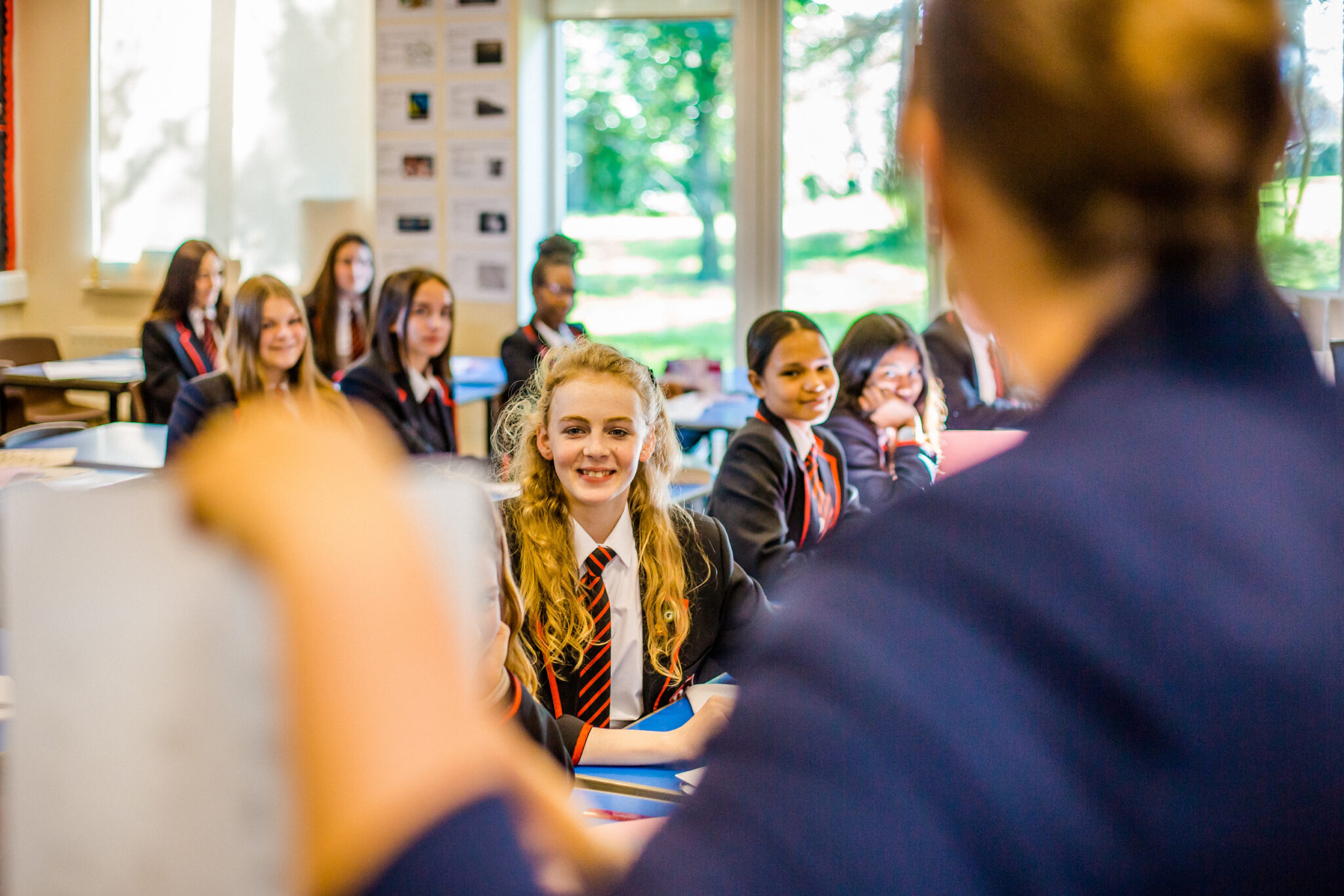

At RSA the MFL department’s priority is to develop a love of language learning for all our students by giving our students an insight into different cultures. We encourage their ability to foster respect, curiosity and kindness towards different cultures and the people within them. We enrich pupils’ MFL experience by organizing cultural trips abroad and language events in school such as, a four-day trip to Barcelona and an International Drop Down day for Year 9 students. We believe that by giving our pupils context to where the languages are spoken, we can improve engagement and enthusiasm for foreign language learning. We equip all our students with the knowledge and skills to thrive and excel in their language learning journey and ensure that no pupil is left behind. We are passionate about creating learners who understand the opportunities that learning a foreign language can lead to and we hope to make them aware of the things they can achieve through speaking multiple languages.
As a department, we have a carefully planned progression through our curriculum with content and skills clearly defined in our curriculum map which revisit and build on existing knowledge. We teach grammatical structures, syntax and vocabulary; using the correct terminology and making explicit links to English and other foreign languages’ grammatical structures and vocabulary. Topics which are studied in KS3 are later revisited in KS4 in greater depth to prepare for GCSE.
A typical lesson in MFL will begin with a knowledge drill to assess and reactive prior knowledge, vocabulary recall and skills practice (listening, reading, writing and speaking). Students learn though partner work, self-assessment, cold calling, comprehension and literacy, use of knowledge organisers, cultural awareness and a focus on grammar.
Students complete fortnightly vocabulary tests based on homework and topic content, regular student self-assessment in tasks and a half termly summative assessment.
Weekly homework set on Language Nut, drop down primary MFL day, International Careers Pathway Day, Trip to Barcelona.
A qualification in MFL can lead to a career in any sector and being fluent in a language can increase employability. Students may wish to study languages at A-Level or at degree level. It really does open up a world of possibilities.
| Cookie | Duration | Description |
|---|---|---|
| cookielawinfo-checkbox-analytics | 11 months | This cookie is set by GDPR Cookie Consent plugin. The cookie is used to store the user consent for the cookies in the category "Analytics". |
| cookielawinfo-checkbox-functional | 11 months | The cookie is set by GDPR cookie consent to record the user consent for the cookies in the category "Functional". |
| cookielawinfo-checkbox-necessary | 11 months | This cookie is set by GDPR Cookie Consent plugin. The cookies is used to store the user consent for the cookies in the category "Necessary". |
| cookielawinfo-checkbox-others | 11 months | This cookie is set by GDPR Cookie Consent plugin. The cookie is used to store the user consent for the cookies in the category "Other. |
| cookielawinfo-checkbox-performance | 11 months | This cookie is set by GDPR Cookie Consent plugin. The cookie is used to store the user consent for the cookies in the category "Performance". |
| viewed_cookie_policy | 11 months | The cookie is set by the GDPR Cookie Consent plugin and is used to store whether or not user has consented to the use of cookies. It does not store any personal data. |